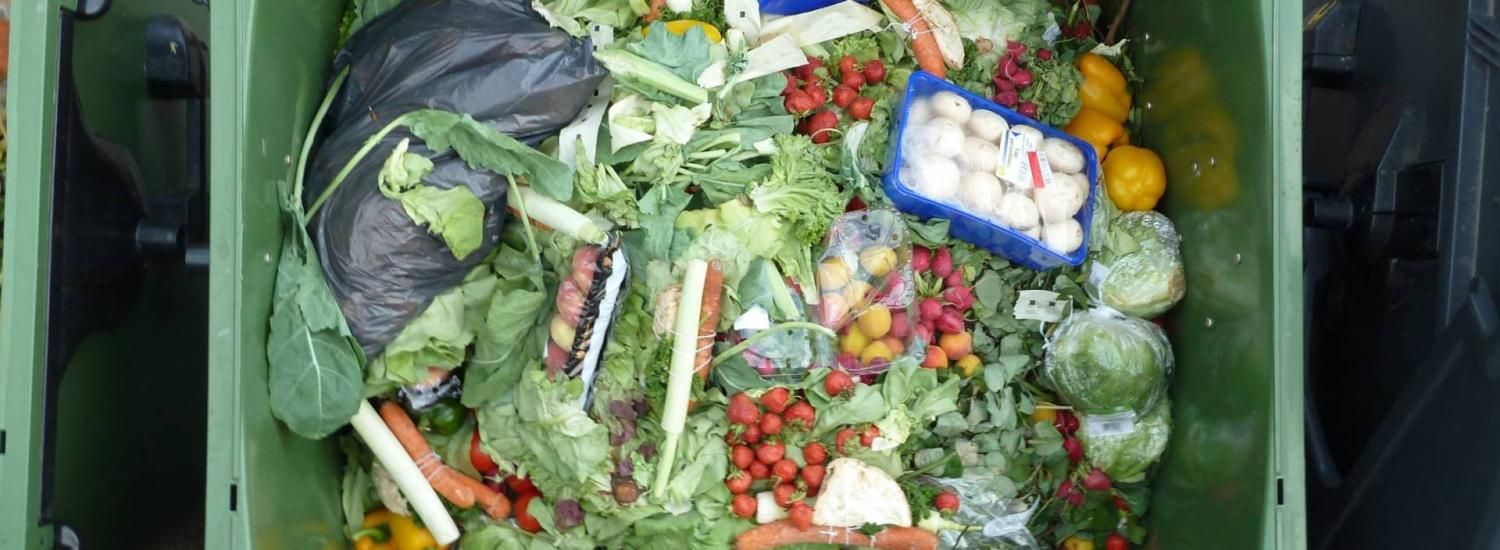Reducing food waste is a smaller environmental win
New CU Boulder-led study finds gains in food security would come at cost for the environment

Decreasing food loss and food waste may not have the environmental benefits researchers, advocates, and policymakers expect, but it could increase access to more affordable food for people worldwide, a new study suggests.
For years, eliminating food loss and food waste has been promoted as one of the most important actions humans can take to reduce the environmental impacts of the food system.
And not without reason: food loss and waste along the supply chain account for as much as 24 percent of global food system greenhouse gas emissions and 6 percent of total emissions worldwide. The total loss and waste worldwide amount to an average of 527 calories per person per day.
The new paper, published in Nature Food, suggests decreasing food loss and waste will have less of an environmental benefit than previously thought. Instead, food prices will go down, and people will eat more.
For the new work, a CIRES-led team considered the full impacts of reducing food loss and food waste, using guidelines set by the United Nations Sustainable Development Goals in 2021. The study looked at food loss (damaged or spoiled before reaching retailers) and waste (spoiled or thrown away by consumers or retailers). Using these definitions, loss occurs on the supply side, while waste takes place on the demand side.
Margaret Hegwood, lead author of the study, and a CIRES/CU Boulder PhD candidate, explained that to understand the environmental benefits of reducing food waste and food loss, one must also consider the full picture of reducing waste: More food available would lead to lower prices, and that would create predictable changes in people’s behavior.
“Let's say the price of cereals goes down because of improvements in food system efficiency, now you can afford to eat the same amount more often,” Hegwood said. “Consumers respond to these price decreases, purchasing more than they had before, which offsets some of the benefits of reducing the food loss and waste.”
The authors used a simple model that looked at supply and demand responses to reducing food waste and food loss.
“Our model basically formalized ECON 101: reducing food loss and waste shifts the supply and demand curves, respectively,” says Matt Burgess, co-author of the study and CIRES/CU assistant professor. “How sensitive supply and demand are to prices–which we get from previous research–then determines how much we project food prices and consumption will change.”
The offset is significant, and the authors found that when food loss/waste is reduced by 50 percent, price drops offset between one-half to two-thirds of that amount—along with the predicted environmental benefits.
While the study modeled what might happen if food waste and loss are reduced, the authors don’t make assumptions about how both will be reduced. There are various solutions, and they all depend on food type, region, consumption habits, access to technology, politics, and dietary needs.
Contacts
Margaret Hegwood
ENVS PhD student, lead author
Matt Burgess
Past Employee